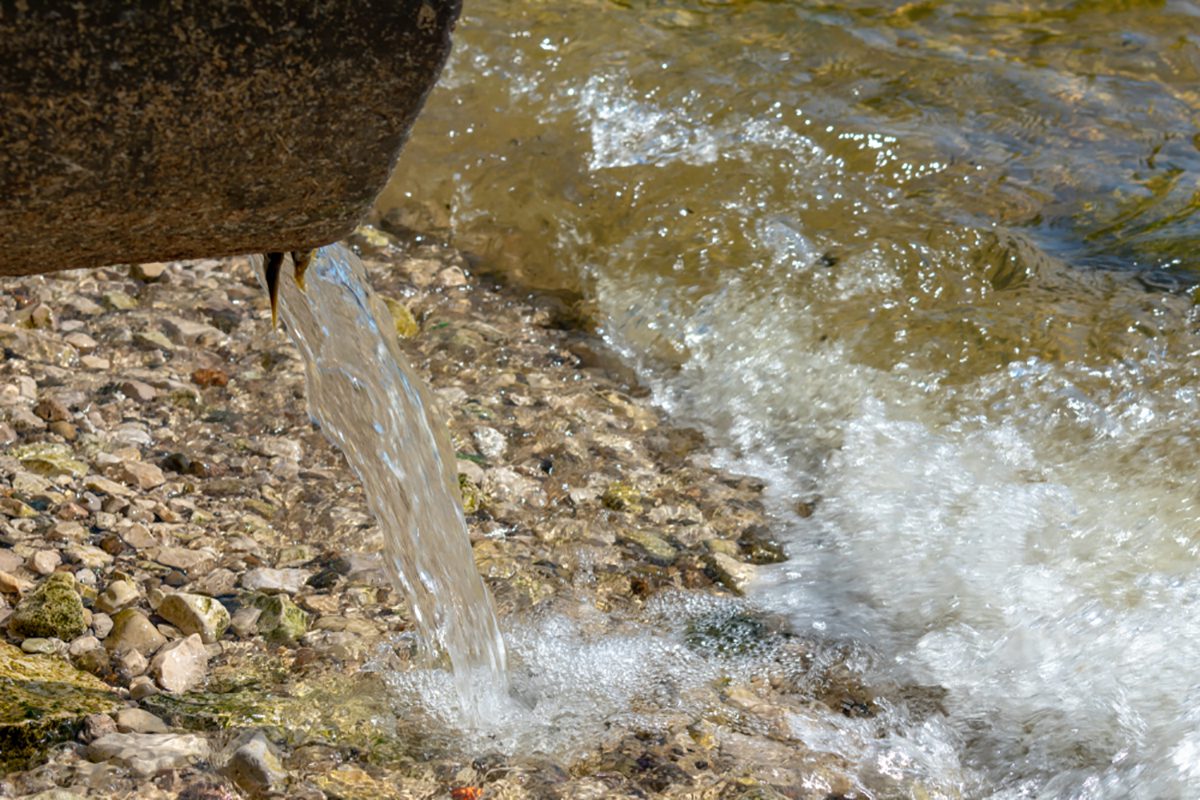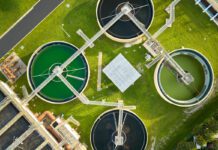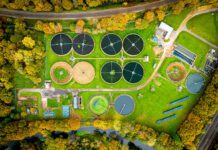
The Scottish Government has awarded Aqua Enviro a research contract to inform future policy to reduce the impact from private sewage discharges on bathing water quality. The project “Identifying the Most Cost-effective and Sustainable Method of Mitigating the Impact from Private Sewage Discharges on Bathing Waters” will focus on a rural case study catchment.
It is estimated around 250,000 properties in rural areas of Scotland are not connected to the mains sewerage network, so discharge their treated wastewater into the local water environment instead. Existing domestic treatment systems, whilst reducing the number of suspended solids and the associated nutrient load, don’t always reduce bacterial pollution to an acceptable level when being discharged into a bathing water area. The standards laid out in the regulations for Intestinal enterococci and Escherichia coli are used by SEPA to classify bathing waters as “excellent”, “good”, “sufficient”, or “poor”. These classifications are displayed on signage at bathing locations where a Bathing Water has been designated during the bathing season, which is defined as 1st June to 15th September. Prior to the bathing season in 2019 SEPA announced that out of the 86 officially designated bathing waters in Scotland, 10 of them have been rated as having a ‘poor’ EU water quality classification.
Both bacterial species originate from the intestinal tract of warm-blooded animals but are known to survive in the wider environment after being released in faeces. Survival rates are dependent on several factors including availability of nutrients, temperature, pH, oxic versus anoxic conditions, and exposure to UV light (sunlight). Whilst both species can themselves cause adverse health effects in humans, they are also used as an indicator of the presence of faecal matter and therefore the presence of other water-borne pathogens.
The aim of the project is to identify potential solutions for upgrading private wastewater discharges in a cost-effective and sustainable way. Each of the potential options will be assessed and their relative advantages and disadvantages compared in terms of the space required, cost of installation, cost of operation, energy usage, maintenance requirements, aesthetic impact etc. The favoured solution will ideally be an environmentally friendly, low cost, low maintenance, passive system. The outcome of this project will inform future policy and set out guidelines for applying the approach to other impacted areas.
Paul Pickard, Technical Sales Manager for Aqua Enviro says “we are extremely pleased to be involved in such a high-profile project with potential benefits to the public and the environment in the areas affected. Aqua Enviro has been involved with several Scottish Water projects concerned with controlling point source pollution from municipal treatment works, but this project affords the chance to work with the government to improve water conditions across all parts of Scotland”.
Aqua Enviro will work in conjunction with French firm Nobatek/Inef4 who have experience of installing eco-friendly treatment systems in developing countries. The two firms have collaborated in the past when working on the EU Horizon 2020 funded INNOQUA project which was a multilateral, multinational programme aimed at developing sustainable water sanitation technologies in the developing world.







